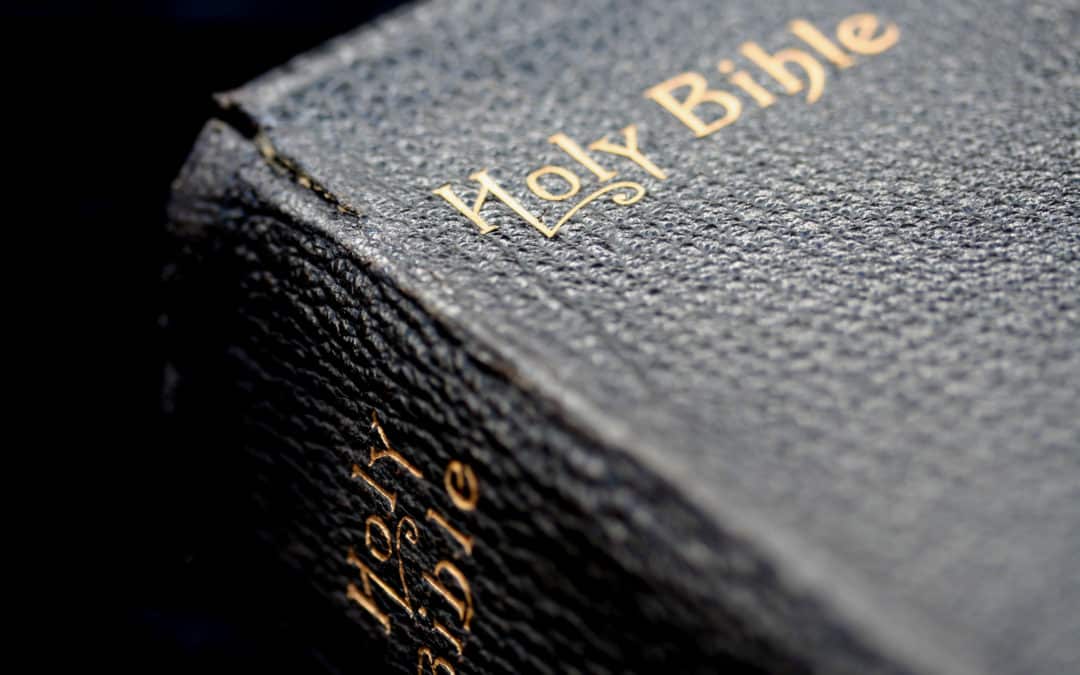The Glory of the Person of Christ, as the only Representative of God unto the Church
The glory of Christ is the glory of the person of Christ. So he calls it Τὴν δόξαν τὴν ἐμὴν, John 17:24, “That glory which is mine,” which belongeth to me, unto my person.
The person of Christ maybe considered two ways:—1. Absolutely in itself. 2. In the susception and discharge of his office, with what ensued thereon. His glory on these distinct accounts is distinct and different; but all equally his own. How in both respects we may behold it by faith, is that which we inquire into.
The first thing wherein we may behold the glory of the person of Christ, God and man, which was given him of his Father, consists in the representation of the nature of God, and of the divine person of the Father, unto the church in him; for we behold “the glory of God in the face of Jesus Christ,” 2 Cor. 4:6. Otherwise we know it not, we see it not, we see nothing of it; that is the way of seeing and knowing God, declared in the Scripture as our duty and blessedness. The glory of God comprehends both the holy properties of his nature and the counsels of his will; and “the light of the knowledge” of these things we have only “in the face” or person “of Jesus Christ.” Whatever obscure, imperfect notions we may have of them other ways, we cannot have φωτισμὸν τῆς γνώσες τῆς δόξης τοῦ Θεοῦ, “the light of the” illuminating, irradiating “knowledge of the glory of God,” which may enlighten our minds and sanctify our hearts, but only ἐν προσώπῳ, “in the face” or person “of Jesus Christ:” for he is “the image of God,” 2 Cor. 4:4; “the brightness of the Father’s glory, and the express image of his person,” Heb. 1:3; “the image of the invisible God,” Col. 1:15. I do here only mention these things, because I have handled them at large in my discourse of the “Mystery of Godliness,” or the Person of Christ; whereunto I refer the readers for their full declaration and vindication. Herein is he glorious, in that he is the great representative of the nature of God and his will unto us; which without him would have been eternally hid from us, or been invisible unto us;—we should never have seen God at any time, here nor hereafter, John 1:18.
In his divine person absolutely considered, he is the essential image of God, even the Father. He is in the Father, and the Father in him, in the unity of the same divine essence, John 14:10. Now he is with the Father, John 1:1, in the distinction of his person, so is he his essential image, Col. 1:15; Heb. 1:3. In his incarnation he becomes the representative image of God unto the church, 2 Cor. 4:6; without whom our understandings can make no such approach unto the divine excellencies but that God continues to be unto us what he is in himself,—the “invisible God.” In the face of Jesus Christ we see his glory.
This is the original glory of Christ, given him by his Father, and which by faith we may behold. He, and he alone, declares, represents, and makes known, unto angels and men, the essential glory of the invisible God, his attributes and his will; without which, a perpetual comparative darkness would have been on the whole creation, especially that part of it here below.
This is the foundation of our religion, the Rock whereon the church is built, the ground of all our hopes of salvation, of life and immortality: all is resolved into this,—namely, the representation that is made of the nature and will of God in the person and office of Christ. If this fail us, we are lost for ever; if this Rock stand firm, the church is safe here, and shall be triumphant hereafter.
John Owen, The Works of John Owen, ed. William H. Goold, vol. 1 (Edinburgh: T&T Clark, n.d.), 293–295.


